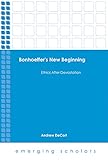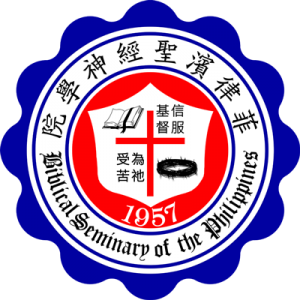Two kingdoms & two cities : mapping theological traditions of church, culture, and civil order / Robert C. Crouse.
Series: Emerging scholarsPublication details: Minneapolis : Fortress Press, c2017.Description: xxii, 252 pages ; 24 cmContent type:- text
- unmediated
- volume
- 9781506421568
- 1506421563
- 9781506432557
- 1506432557
- 9781506425191 (ebook)
- Two kingdoms and two cities
- 2 kingdoms & 2 cities
| Item type | Current library | Shelving location | Call number | Status | Date due | Barcode | |
|---|---|---|---|---|---|---|---|
 Books
Books
|
BSOP Library | GC | BR333.5 C88 2017 (Browse shelf(Opens below)) | Available | 00058364 |
Revision of author's thesis (Ph. D.)--Wheaton College, 2016.
Includes bibliographical references (pages 237-247) and index.
Introduction -- 1. Luther's "inward/outward" two kingdoms -- 2. Niebuhr, Bonhoeffer, and a "dialectical" two kingdoms -- 3. Lutheran and Catholic neoconservatism and a "paradoxical" two kingdoms -- 4. Reformed two-kingdom theology and a "parallel" two kingdoms -- 5. Neo-Augustinian liberalism and an "eschatological" two kingdoms -- 6. Augustine and a "Christendom" two cities -- 7. Oliver O'Donovan and a doctrine of the "two" -- Conclusion.
The recent emergence of "two kingdoms" and "two cities" approaches to Christian social thinking are shown to have a key and often unacknowledged connection to Luther's reshaping of the Augustinian paradigm. The project works for a better understanding of Luther's own thought to help understand the convergences and divergences of Christian political theology in the twentieth century and today. In particular, Luther's two-kingdom thinking issued forth in a strong distinction of law and gospel that was also worked out in twofold pairs of Israel and church, general and special revelation, creation and redemption, and especially the outward and inward life. The work traces this legacy through acceptance and modification by Niebuhr and Bonhoeffer, Lutheran and Catholic neoconservatives, Reformed two-kingdom proponents, Augustinian liberals, and finally Oliver O'Donovan. The conclusion reflects on both the historical narrative and its connection to an account of modern liberalism, as well as a theological reflection on hermeneutical decisions of the "twoness" of Christian theology.


